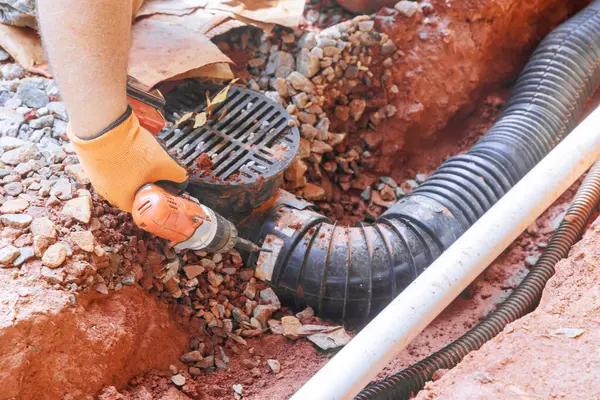Heat pumps are becoming an increasingly popular choice for homeowners seeking energy-efficient heating and cooling solutions. These versatile systems offer the dual benefits of providing warmth in the winter and cool air during the summer, making them an attractive option for year-round climate control. However, a common question among potential buyers is: how long do heat pumps really last?
The lifespan of a heat pump can vary significantly based on several factors, including the type of system, maintenance practices, environmental conditions, and usage patterns. On average, a well-maintained heat pump can be expected to last between 10 to 15 years. However, with exceptional care and ideal conditions, some units may even function effectively for up to 20 years or more.
One crucial factor influencing longevity is regular maintenance. Like any complex mechanical system, heat pumps require routine check-ups to ensure optimal performance. Regular servicing by a professional technician can help identify potential issues before they become serious problems that could shorten find out the benefits unit’s lifespan. This includes tasks like cleaning or replacing filters monthly during peak usage seasons, checking refrigerant levels annually, and ensuring that coils are clean and free from debris.
Environmental factors also play a significant role in determining how long a heat pump will last. Units located in coastal areas may experience faster wear due to salt corrosion unless they are specifically designed or treated to withstand such conditions. Similarly, regions with extreme temperature fluctuations might cause additional strain on the system as it works harder to maintain consistent indoor temperatures.
Usage patterns further impact the durability of heat pumps. Systems that run continuously throughout harsh winters or scorching summers may experience more wear than those used less frequently or under milder conditions. Homeowners can mitigate this by using programmable thermostats to optimize their system’s operation according to occupancy patterns and personal comfort preferences.
Technological advancements have also contributed positively towards extending the lifespan of modern heat pumps compared to older models. Innovations such as variable-speed compressors allow units to operate more efficiently at varying speeds rather than constantly cycling on and off at full capacity—reducing overall stress on components over time.
In conclusion, while predicting an exact lifespan for every individual unit is challenging due to these variables involved; understanding what affects longevity helps make informed decisions regarding purchase choices & upkeep strategies necessary prolonging functionality beyond typical expectations! Investing wisely now pays dividends later when enjoying comfortable living spaces without unexpected breakdowns interrupting daily routines unexpectedly saving money long term through reduced repair/replacement costs associated maintaining efficient home heating/cooling solutions available today market!




